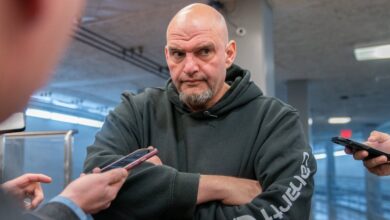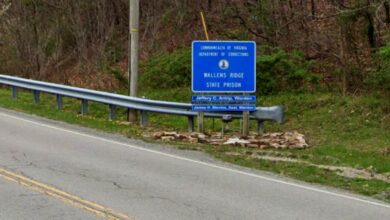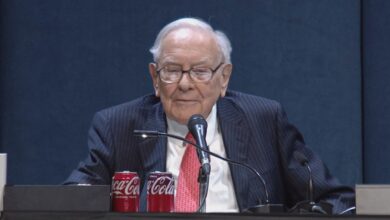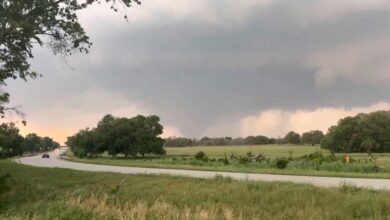A timeline of events in Prince Harry’s troubled relationship with the royal family
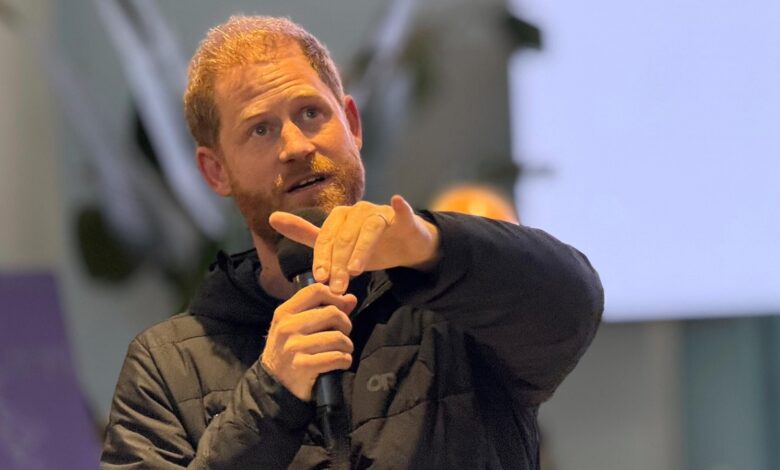
LONDON — LONDON (AP) — Prince Harry’s strained connections with the British royal family, the U.K. establishment, and the media have been a public spectacle for years – through books, interviews, TV shows, and legal battles.
The recent development saw Harry sharing a revealing interview after the court dismissed his plea to reinstate the police protection he lost when he stepped down from royal duties and relocated to the U.S. in 2020.
Below is a timeline of recent occurrences involving Harry and the British royal family:
Prince Harry meets American actor Meghan Markle on a blind date arranged by a mutual friend.
Harry confirms Markle as his girlfriend and criticizes media portrayal of her, expressing concerns for her safety and citing racial undertones in media coverage. His statements evoke memories of his mother, Princess Diana, who died in a car accident while being pursued by paparazzi.
Harry and Meghan announce their engagement.
Meghan and Harry tie the knot in a lavish ceremony at Windsor Castle.
Harry initiates legal actions against three media conglomerates — News Group owned by Rupert Murdoch, the Mirror Group, and Associated Newspapers. He alleges that these outlets obtained private information through hacking, bugging, or other illegal means.
Harry and Meghan welcome their son Archie into the world.
The couple announces their intention to “step back” from their senior royal roles and achieve financial independence. This decision leads to a significant rift, prompting the couple to relocate to Meghan’s hometown in California.
The security oversight committee decides to reduce Harry’s taxpayer-funded protection, citing his altered royal status.
Harry files a lawsuit against the UK government contesting the security ruling.
Meghan emerges victorious in a privacy lawsuit against Daily Mail publisher Associated Newspapers concerning the publication of a personal letter to her father in 2018.
The couple welcomes their daughter Lilibet into the world.
Queen Elizabeth II passes away at 96 after a 70-year reign. Her eldest son ascends the throne as King Charles III.
Harry’s memoir “Spare,” penned with a ghostwriter, hits the shelves and becomes a bestseller. The book delves into Harry’s emotional journey following his mother’s tragic demise, his struggles with royal obligations, and his grievances towards various individuals, including his father, brother, stepmother, and the media.
King Charles is coronated at Westminster Abbey. Harry attends the ceremony without Meghan and their children.
Harry takes the stand in his lawsuit against the Mirror Group, marking the first time in over a century that a British royal testifies in court.
A court hearing begins on Harry’s security dispute. His legal team argues that the decision to downgrade his protection was unjust and unreasonable.
Harry emerges victorious in his lawsuit against the Mirror Group, with the judge ruling that the newspapers resorted to illegal tactics like phone hacking to gather personal information. The prince is awarded damages and legal expenses.
Buckingham Palace discloses that King Charles is battling cancer and undergoing treatment. The nature of the king’s cancer remains undisclosed.
Prince Harry travels from California to the UK to visit his father for a brief period.
The High Court rejects Harry’s claim regarding his security.
The Court of Appeal decision granting Harry permission to challenge the security ruling is made public.
The publisher of The Sun tabloid settles a lawsuit with Harry, issuing him “a full and unreserved apology” for violating his privacy between 1996 and 2011 through unlawful means.
Harry attends a two-day appeal session at the Royal Courts of Justice, where his legal team argues that he was unfairly targeted for substandard security treatment.
The Court of Appeal judges dismiss Harry’s appeal, asserting that the security ruling was appropriate. In response, Harry expresses his disappointment, stating that the decision hinders his ability to bring his family back to his homeland and expresses a desire for reconciliation with his relatives, emphasizing the need to cease ongoing conflicts.


